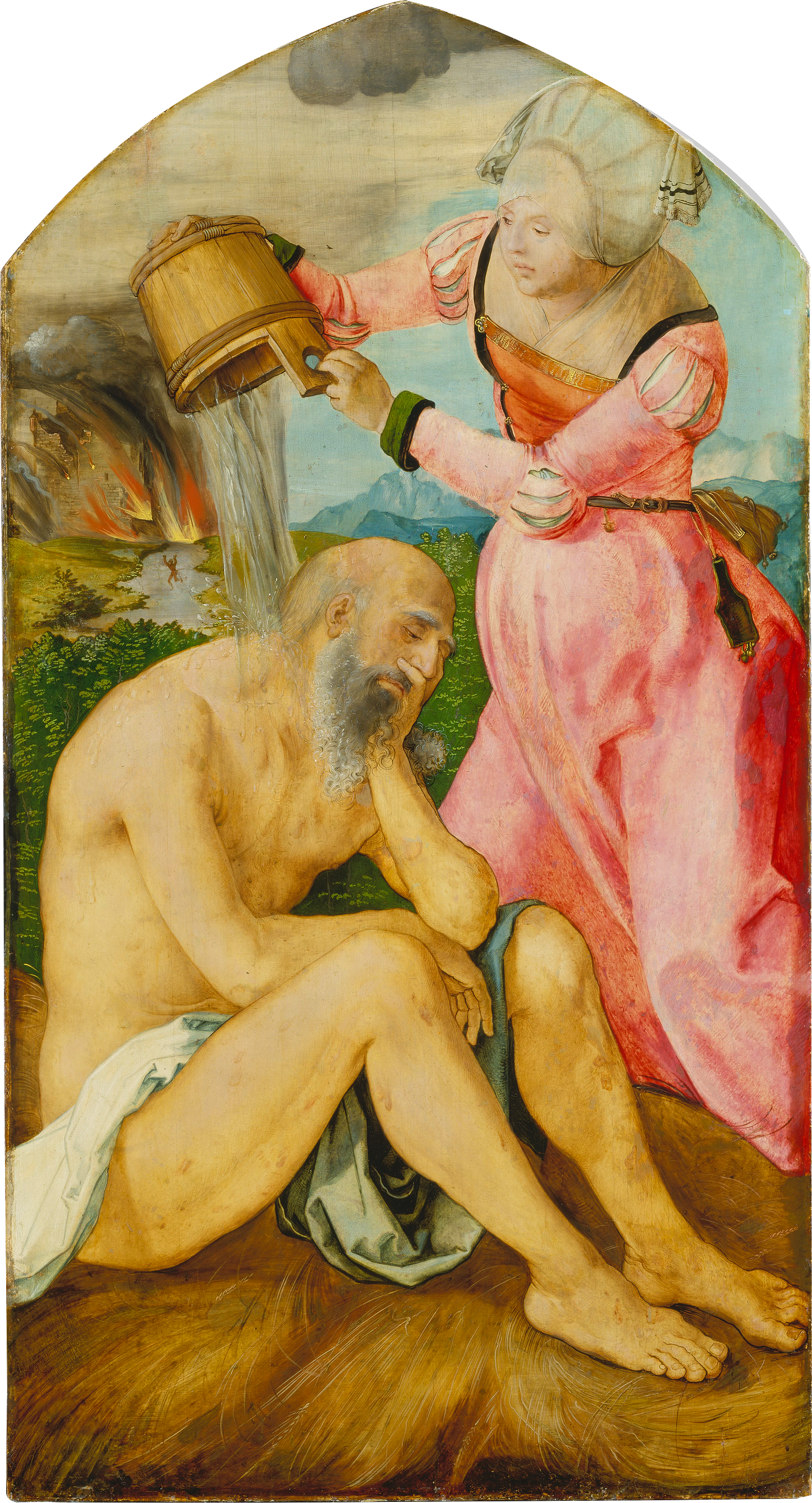I’m translating a brief overview of the books of the Bible by Johannes Brenz (1499–1570) for the weekly devotional. Here’s what Brenz has to say about Job, which he treats right after Deuteronomy.
Job
Several hold that the book of Job was compiled and written by Moses. Therefore, we also consider it good to say something about this book after the five books of Moses. For as we undertake to discuss the books of Holy Scripture according to their content and understanding, we would prefer to follow the order in which they were originally placed and written, as it may be discerned, which history and written narratives also indicate, rather than the order in which it commonly appears in print.
This book of Job deals chiefly with the question of whether God may inflict punishment upon a devout, righteous, and pious man. No less than this, therefore, it can be seen that it says something of Christ. As with the Law, so also the example or figure of Job and the content of this entire disputation look to Christ alone. For Job, even though he was found to be more devout and upright than all the people on the earth, when he was placed before the strict court of God, that is, when God entered into judgment with him, he overstated his case, arguing that he could be found devout and righteous by nature, so that he reviled and blasphemed even God Himself. Where then did he initially receive or obtain this righteousness, and when he lost it, whereby did he restore it again? Truly in no other manner than through the Seed, which, according to the promise of God, should crush the head, and in whom all peoples would be blessed. The burnt offerings demonstrate this which Job offered for his children and friends, for the burnt offerings among the patriarchs were nothing other than the teaching of faith in the coming Christ. The disputation and question of whether God also punishes the righteous is related entirely to Christ, because no one is righteous, except Christ alone, and those who are justified through Christ.
God the Father inflicted punishment upon His Son, Christ, not on account of His sin or unrighteousness, for He had committed no sin, but for a different reason, namely, that by His suffering He might blot out and take away the unrighteousness of others. In the same manner, therefore, God sometimes allows those who believe in Christ to also suffer something, not because of their sin, which has already been forgiven through Christ, but rather for other reasons; for example, that their faith may be tested, that they may thereby be curbed, that they may serve as an example for all to see how God will punish the ungodly and unrepentant with great severity, and finally, that they may receive an even greater reward in heaven. For this reason, you can now see well and easily understand that this book of Job, which is said to have been written by Moses, also teaches Christ alone.
Johannes Brenz, Kurtzer Begriff und Inhalt der gantzen Heiligen Schrifft (1552)
Albrecht Dürer, from the Jabach Altarpiece (1503)



